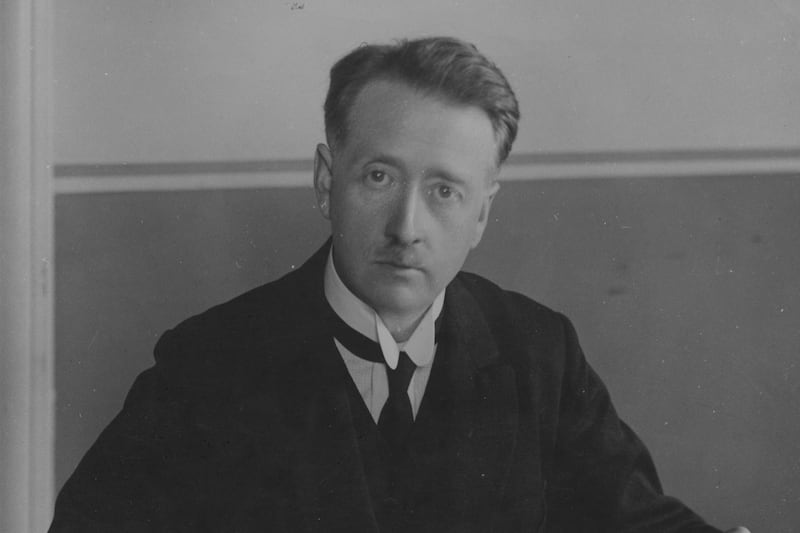June 28 1924
An interesting discussion arose in the Dáil yesterday regarding the question of the release of the prisoners still interned, and President [WT] Cosgrave made an interesting statement on the subject.
The matter was raised on questions by Mr Joseph McGrath and Mr Hogan (Clare), [Patrick, Labour Party].
Mr Cosgrave said there were 123 persons interned, and releases were proceeding as speedily as possible. He could not undertake to specify any date by which all the prisoners would be released. There were 104 sentenced prisoners in custody.
These had themselves been the cause of the delay by refusing to avail of the facilities afforded them of having their cases reviewed by the tribunal in connection with the Indemnity Act passed last year.
All cases had been considered and his excellency the Governor-General would be advised to remit the unexpired portion of the sentence in all cases except those guilty of ordinary crimes.
He understood there were over 250 internees detained by the northern government, and it was obvious, having regard to that fact, that the statement of Deputy Hogan that there were many more persons interned in the Free State than in Northern Ireland was incorrect.
Mr McGrath raised the question of release of the prisoners, and said that it was well known that seventy or eighty per cent of the internees were not criminals, but belonged to the purely political class. Surely there could be little danger of their freeing [Éamon] de Valera or [Austin] Stack, or men of their class.
Frank Carty (who once escaped from Derry jail) could walk quite openly throughout the streets of Dublin, and through the country, and even threaten, just as he had done in the past, without being arrested by the forces of the government.
The really dangerous men, if there were any dangerous men, were walking about the streets openly, and unless there was some definite reason given for the detention of any of the prisoners other than had been given, he would like to hear it.








